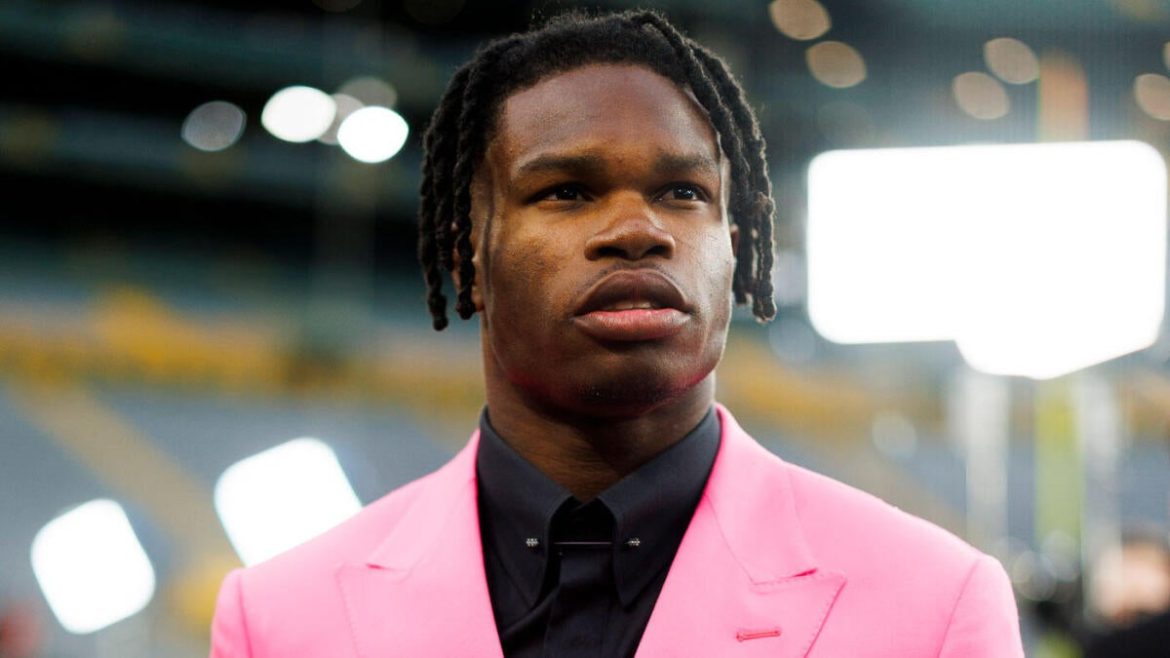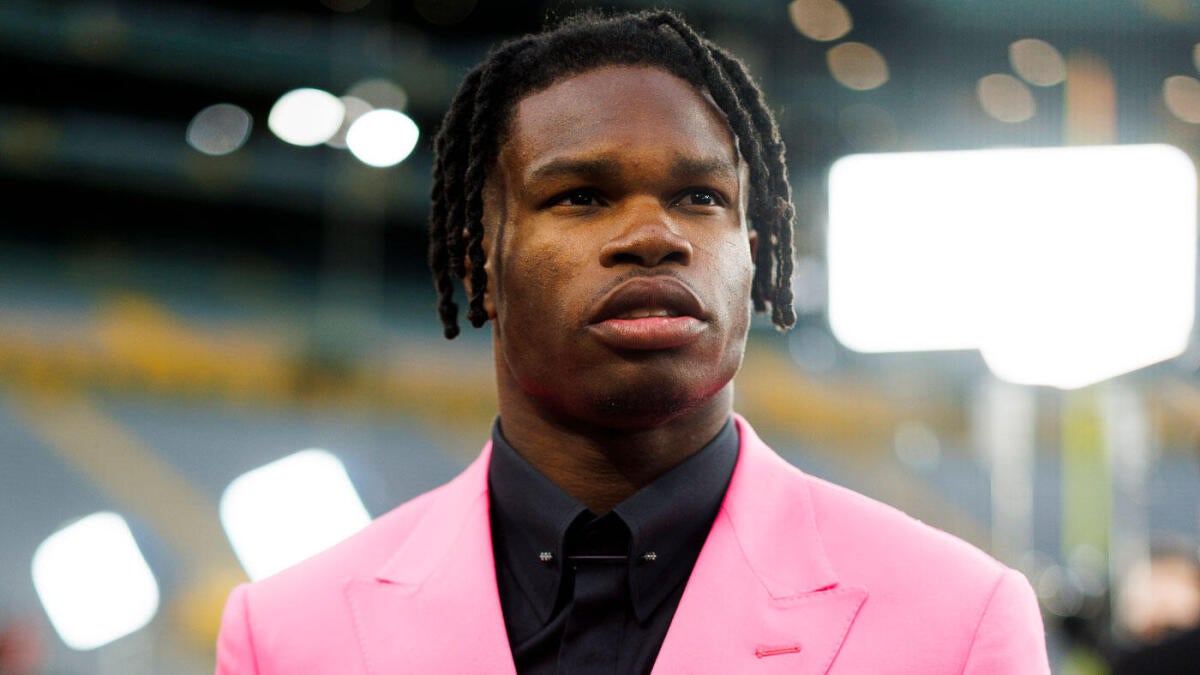The Legal Situation of Travis Hunter Sr. and Its Impact on His Son’s Football Career
The recent court decisions surrounding Travis Hunter Sr., father of rising NFL star Travis Hunter Jr., have captured public attention, revealing the complex interplay between criminal justice proceedings and the aspirations connected to professional sports careers. This report provides an in-depth analysis of the legal circumstances affecting Hunter Sr., the judicial rationale behind the denial to modify his sentence, and the broader implications for family, sports, and public perception.
—
Background: The Arrest and Sentencing of Travis Hunter Sr.
In 2023, Travis Hunter Sr. faced serious legal challenges following an arrest related to drug possession and firearm charges. Ultimately, he entered a plea deal resulting in a 90-day jail sentence, followed by community control supervision—essentially probation—which carries stringent conditions. Hunter Sr. began serving this sentence in September 2024 at the Palm Beach County West Detention Center and was released slightly early in December 2024.
This legal backdrop framed subsequent courtroom developments in 2025 that correlated with significant milestones in his son’s football career. Travis Hunter Jr., the celebrated two-way college football phenom who won the Heisman Trophy and was selected No. 2 overall in the 2025 NFL Draft by the Jacksonville Jaguars, understandably involved his family in the narrative of his athletic ascent.
—
The Requests to Modify the Criminal Sentence
Hunter Sr., seeking to support his son’s emerging professional football career, petitioned the court to modify his community control conditions. His primary argument focused on the need for greater flexibility in his movement and responsibilities, pointing out that stable housing and an enabling environment to assist his son were essential. Hunter Sr.’s legal team argued that such modifications would not be special or preferential treatment but a reasonable accommodation to changed circumstances given his son’s status and career needs.
In addition to this, Hunter Sr. requested permission for certain travel exceptions—for instance, to attend Travis Hunter Jr.’s NFL Draft and wedding ceremonies.
—
Judicial Response: Concerns Over “Special Treatment”
Circuit Judge Howard Coates presided over the hearing held in West Palm Beach in May 2025 and ultimately denied Hunter Sr.’s request to modify his probation terms. The judge articulated a primary concern that approving such a request could be perceived as special treatment for Hunter Sr., given his son’s high-profile status. This sense of potential preferential treatment factored heavily in the decision, highlighting the judiciary’s commitment to impartiality and the equitable application of justice, regardless of someone’s family connections or public prominence.
However, the court did grant a narrower exception: Hunter Sr. was allowed to travel to Tennessee to attend his son’s wedding. This limited accommodation reflects a judicial balancing act—recognizing significant family events while maintaining the integrity of community control restrictions.
—
Prosecutorial Objections and Public Perception
The state prosecutor voiced objections to modifying the sentence, reinforcing the message that leniency based on family circumstances tied to fame or wealth would be inappropriate. This stance likely aims to uphold public trust in the justice system.
Media coverage underscored the public’s scrutiny of the case. Many observers perceived the rejected request as a judicial message against allowing status or connections to influence legal outcomes, reinforcing the narrative that accountability applies universally.
—
The Impact on Travis Hunter Jr.’s Career and Father-Son Relationship
The intersection of these legal limitations with a major sports career milestone—such as entering the NFL—adds layers of emotional and practical complexity. While Hunter Sr. was permitted to attend key events, such as the NFL Draft where his son was selected, ongoing probation conditions inevitably restrict his ability to be physically present or function fully in the professional support role some athletes enjoy from family members.
Despite these restrictions, Travis Hunter Jr. appears to have a stable support system, with reports indicating that he can provide stable housing and environment for his father. This dynamic, while challenging, mitigates some potential hardships caused by Hunter Sr.’s legal situation.
—
Broader Themes: Justice, Equality, and Fame
This case highlights broader societal themes about how the criminal justice system navigates high-profile cases where relatives of those in the public eye seek modifications or leniencies. The judicial decisions emphasize concerns about the appearance of impartiality, showcasing caution to avoid favoritism toward individuals linked to celebrities or wealthy figures.
The handling of Hunter Sr.’s case arguably sets a precedent message: that legal consequences apply regardless of family achievements or notoriety. This stance attempts to maintain community confidence that justice is blind to social standing.
—
Conclusion: Upholding Justice Amid Personal Challenges
The denial by a Florida judge to modify Travis Hunter Sr.’s criminal sentence underlines the delicate balance courts must maintain between compassion for family circumstances and the imperative of equality before the law. While exceptions were made to acknowledge important familial milestones, altering community control conditions in ways that could appear to give special privileges was firmly rejected.
For Travis Hunter Jr., navigating his burgeoning NFL career without his father’s full physical presence presents emotional trials, but also a testament to perseverance amid adversity. The judicial stance serves as a reminder that even in moments of great personal and public significance, justice strives for fairness over favoritism.
This episode exemplifies the intersection of legal accountability with human stories rooted in family, ambition, and societal values—showcasing a judiciary mindful of its role within a community watching carefully and forming opinions about equity and influence.





